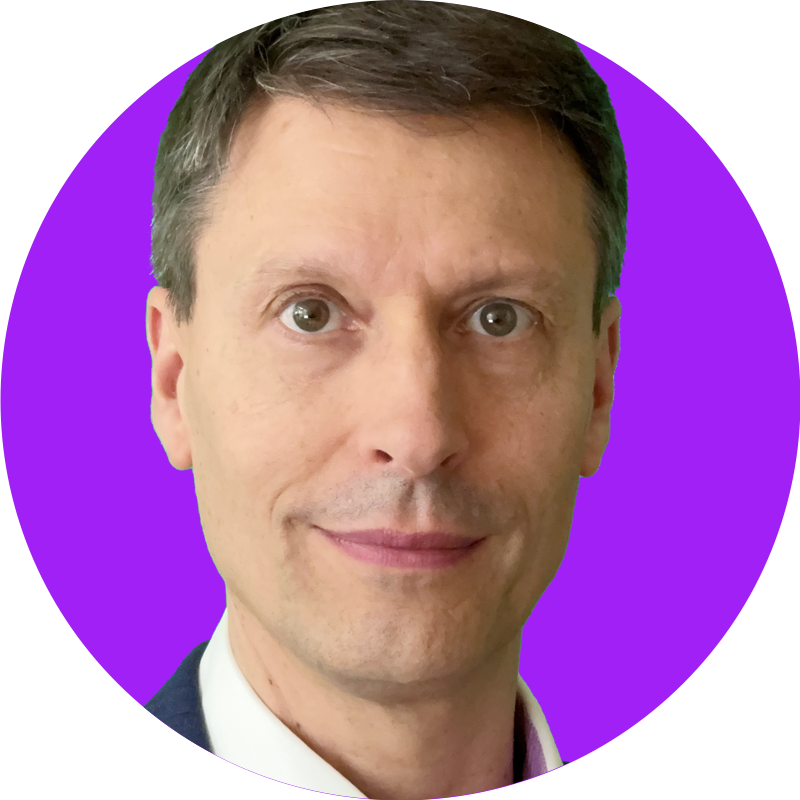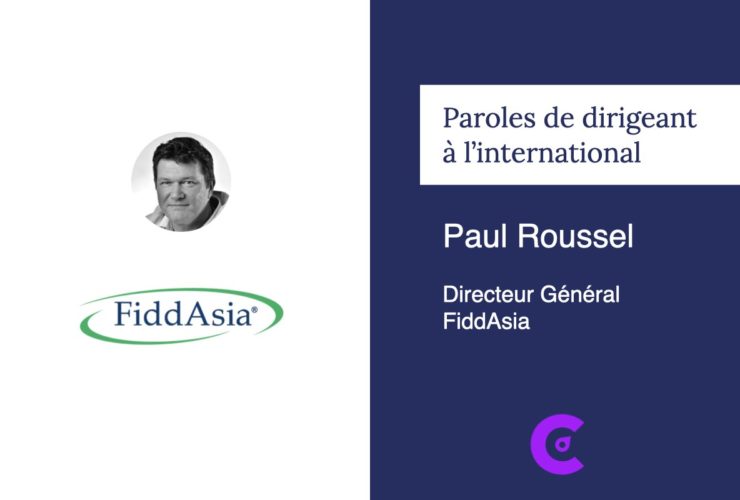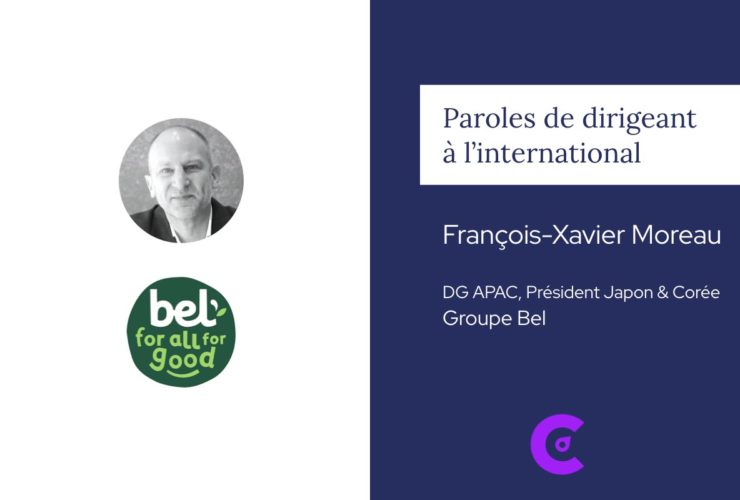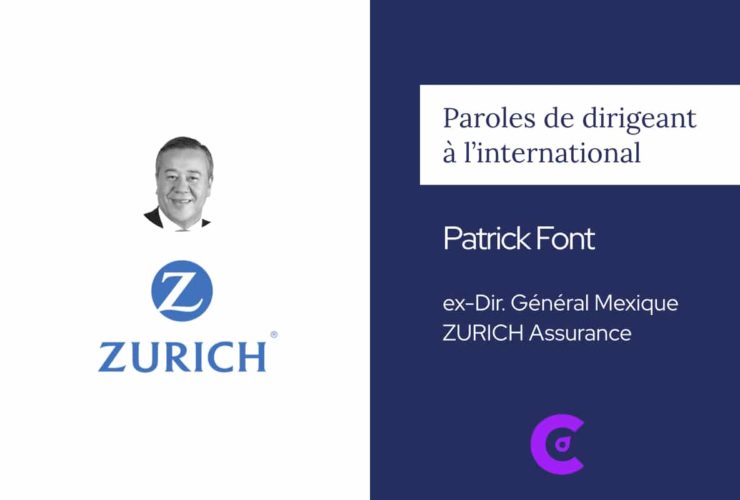International Executive are speaking
Keys to international business success
Timothée Wattinne, International Director Retail Partners, ÏDKIDS
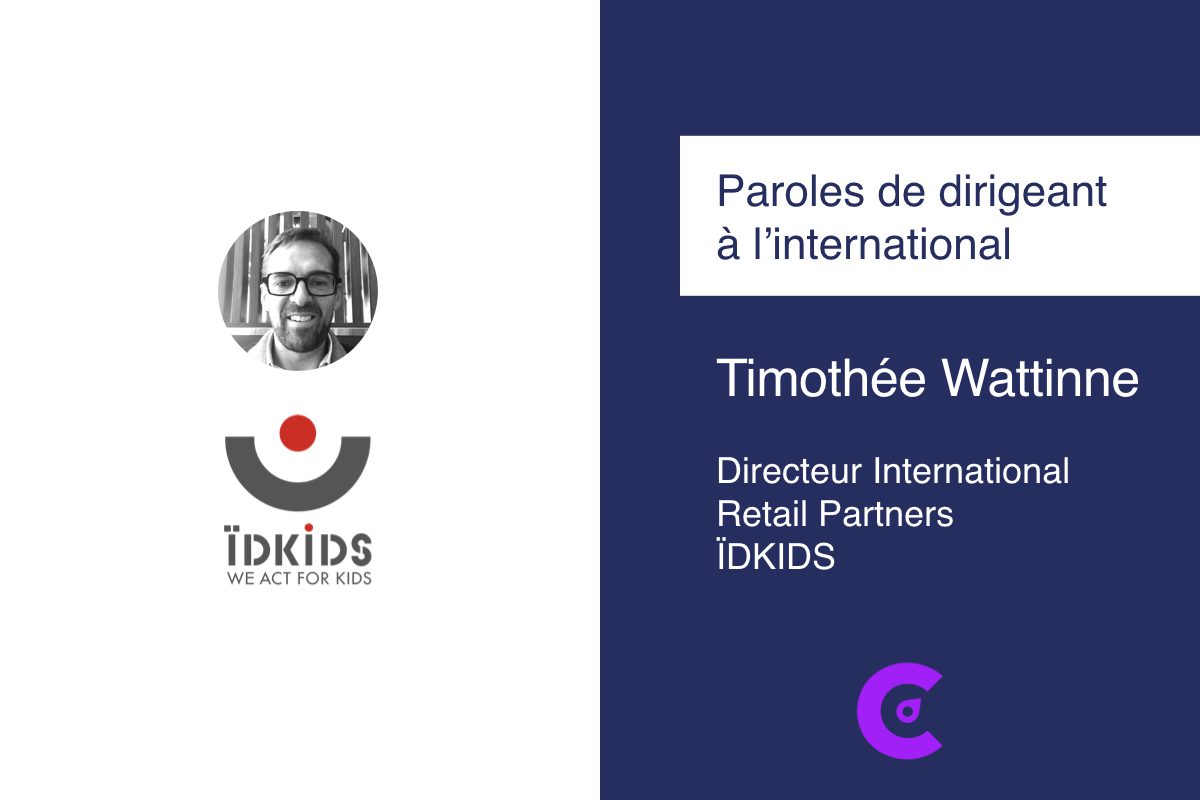
« Listening is the key to international development! »
Timothée has a career of more than 10 years at ÏDKIDS which allowed him to become the International Director of Retail Partners. Today, he talks to us about the richness of his profession and the qualities that are necessary to succeed internationally…
Some Facts
2010 : OKAÏDI – Directeur régional – France
2015 : OKAÏDI – International Partners Area Manager
2018 : ÏDKIDS – VP Canada
2021 : ÏDKIDS – Directeur International Retail Partners
Mail : twattinne@okaidi.fr
nterview conducted by Antoine Leygonie-Fialko
Open dialogue followed by an Executive Coaching session
using the CO-CREATIVE Communication® method.
I met Timothée in 2020 through the FrenchFounders network. We immediately found ourselves around our common passion for international and business in a multicultural environment…
« Constant questioning and challenges »
How did you get started in an international career?
My international career is the result of a professional opportunity offered to me by OKAÏDI, a children’s clothing brand of the French group ÏDKIDS, formerly CAMAÏEU when it was created 25 years ago. When the need to restructure the international development of the brand arose, the management offered me to work on the countries of the southern hemisphere. I accepted the job even though I had no international experience.
What is your job today?
I am currently the Retail Director for international partners. My mission is to support the development of the OKAÏDI brand both in physical and digital Retail, in Eastern Europe, the Balkans, the Caucasus, Central Asia, and soon in Northern Europe and North America. Concretely, my mission is to meet the partners responsible for the development of the brand in their territory to talk to them about the image of the brand, the product and the performance so that our client, wherever he is, finds the same experience.
I find this job fascinating because even if it requires a strong personal investment, it offers a great openness to the outside world. What we think is good for one area is not necessarily good for another. As a result, I have to show a lot of insight and commitment. In the end, to accept being constantly challenged and questioned, this job requires a lot of motivation and a strong ability to adapt.
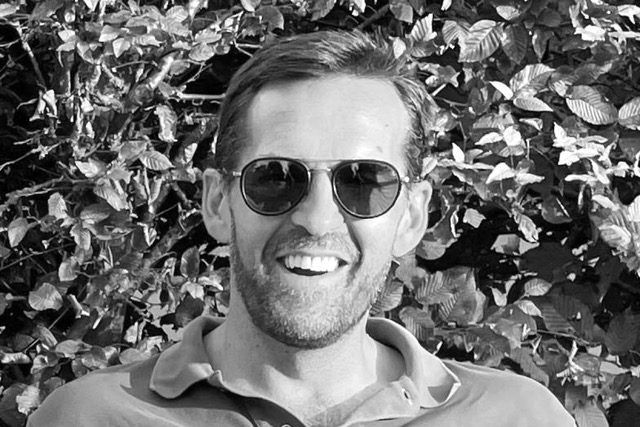
« Differentiation is the key to international markets »
How do you set yourself apart from the competition?
In Eastern Europe, we compete with Turkish brands like LC waikii and European brands like OVS. In Central Asia, we compete with the Chinese. In North America, we share the market with American brands like The children place, Gap, Next. Finally, in the north and in the south, Zara Kids and H&M Kids are our two main competitors.
To stand out from our competitors, we want to be different. For this, we rely on the expertise of the partners we work with. In the end, the modern, contemporary and classic style of the OKAÏDI brand, as well as the price list it offers mean that in reality we have few direct competitors. In addition, with quality products, the positioning of the brand in international markets allows us a strong differentiation.
We make it a point of honor to take care of the quality and durability of our products for prices slightly lower than the competition.
Recently, we launched in France the IDtroc concept of “Second life of products”: when a customer buys a product, we offer to collect it when he no longer needs it in order to put it back in the circuit. This concept strongly contributes to our differentiation and we are considering rolling it out internationally in mature markets for this theme.
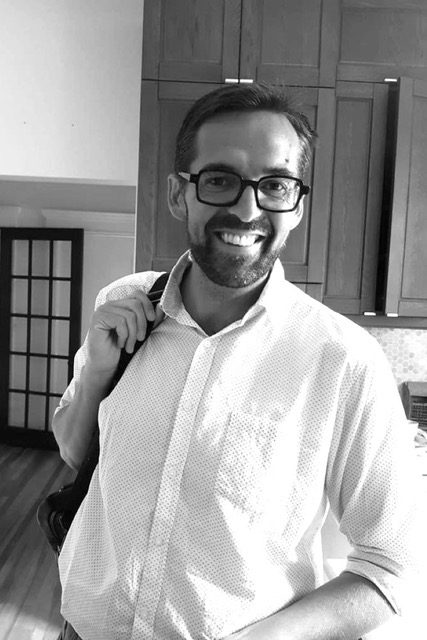
« Understand the context to adapt without distorting »
Timothée, how are your territories different?
In my business, I have listed four different territories.
First, there is the territory of Central Asia, which is very marked by Asian influence in terms of consumer habits, style, maturity of the web market and the place occupied by shopping centers or town centers.
Second, there is the territory of the former Yugoslavia which connects several countries where consumers are under multicultural influences.
Third, there are the territories of North America and Northern Europe, which include mature countries, culturally attached to promotions, and whose purchases of children’s clothing are more need-oriented than fashion-oriented.
In fourth, there is the territory of Eastern Europe which is very influenced by Russian culture.
In each of these territories, the approach that I adopt with my partners takes into account the historical, political and economic context. I try to understand their history and their context to better understand their expectations. My experience is that the purchasing power and maturity of each market is directly related to this context.
What advice would you give to a leader who wants to ensure the development of his business internationally?
One of the key factors for successful international development is to go into the field and deconstruct all the assumptions. Being there allows you to see, feel and experience the realities of the country, then by extension, to question its organization to adapt it to the requirements of the local market.
To implement the international development plan, a leader will have to develop a strong ability to listen. Indeed, an international development director must know how to listen to both his local contact, his partner, his sales agent and his collaborators.
One of the factors of failure would be to remain frozen, that is to say not to see the evolution of the country in which we seek to develop. Indeed, in all countries, each with its own pace, life goes on, people evolve and our approach must adapt.
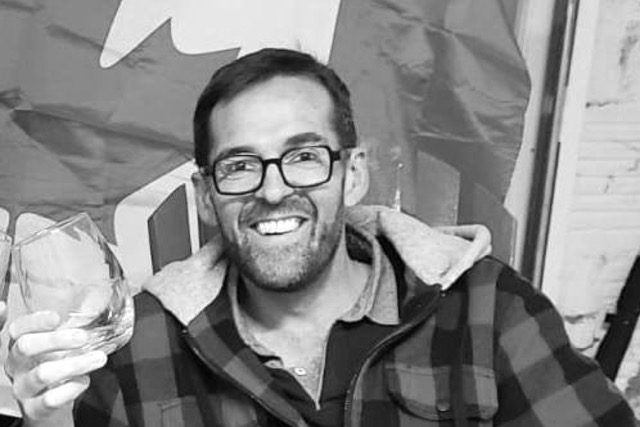
« Going international means growing yourself»
What is a career in international business development?
A career in international development is first of all about remaining open-minded to take into account the incessant evolution of countries, but above all it is the opportunity to grow oneself in maturity through the fact of accept being constantly challenged both by situations and by colleagues.
A look at an Executive Coaching session using the CO-CREATiVE Communication® method
Timothée, a word about our Executive Coaching session?
You allowed me to take the time to ask myself questions about the way I approached the subjects that I usually deal with under tight deadlines and under great pressure. This time of hindsight allowed me to see things differently. Thank you Antoine for this online Coaching. Despite the distance and the screen, you were able to give me confidence from the first moment!
Propos recueillis par Antoine Leygonie-Fialko.
International Executive Coach and Consultant Antoine Leygonie-Fialko is an International Executive Coach, ICF certified at PCC level, specializing in supporting international leaders "Towards CLEAR, CALM, CARING and POWERFUL thinking". He is the founder of the CO-CREATiVE Communication® and the company CADRAN which operates globally. Previously, he managed 7 companies, from start-ups to corporate, in France and internationally (Europe, Asia, America, Africa), in various industries (construction, architecture, internet, HR…). Today, with more than 2,000 hours of Executive Coaching, he works remotely with international leaders and their teams who want to unleash the power within their singularity in front of strong challenges requiring them to get out of their comfort zone & known mental frameworks.ANTOINE LEYGONIE-FIALKO



